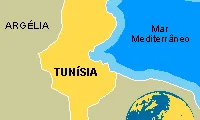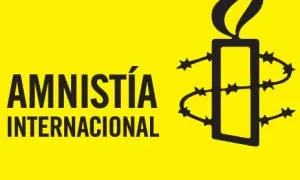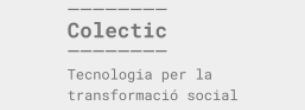Tunisia: Human rights agenda for change
Comparteix
Following the month of unrest that shook Tunisia and led to Zine El Abidine Ben Ali fleeing the country and relinquishing the presidency, a caretaker government has now been formed and electoral preparations launched. We can see what Amnesty International says.
Breaking with the legacy of 23 years of human rights abuses under Zine El Abidine Ben Ali will require vision, determination and effective measures by the Tunisian authorities. Over the years, Tunisians have had to endure too many broken promises and have lost trust in the institutions of the country. Tunisians have shown that they will not be satisfied with piecemeal, cosmetic reforms but rather expect bold and far-reaching changes to overhaul the institutions that have failed them. Two institutions that must be reformed immediately are the security apparatus and the justice system, the main tools used by the authorities to crush dissent and silence critics.
Authorities in Tunisia must recognize that delivering on human rights cannot be deferred until law and order is restored in the country. Restoring and guaranteeing human rights must be an immediate priority. Clear and measurable achievements on human rights will act as confidence-building measures, allowing Tunisians to regain trust in their national institutions.
The authorities should begin by acknowledging the true scale and severity of the human rights violations that have taken place in the country over decades. This acknowledgement must be followed by immediate steps to reverse this legacy.
At this critical moment, the new Tunisian government has a historic opportunity to break with the years of repression and human rights abuse by taking urgent, concrete measures to uphold – both in law and in practice – their national and international obligations. Amnesty International welcomes the government’s pledge to release all political prisoners; its announcement of an independent commission to investigate human rights violations committed by the security forces during the recent weeks of unrest, including their use of excessive and lethal force; and that other independent commissions will be formed to look into political reform and corruption.
However, further action is needed as a matter of urgency from the Tunisian authorities
The Tunisian authorities have yet to announce whether – and to what extent – Tunisian laws that severely restrict freedoms of expression, association and assembly will be reviewed, or to announce the legal framework under which the forthcoming elections will be held. Amnesty International sees this as a test of the authorities’ intentions. Over the years, including during Tunisia’s last presidential and legislative elections in October 2009, the authorities used these draconian laws to repress political opposition and harass independent civil society. Political parties opposed to the government remained banned or unable to conduct their activities freely.
At that time, government critics – including human rights defenders – were subjected to oppressive surveillance, threats, harassment and physical violence by agents of the state. Journalists who criticized the government or exposed corruption faced harassment, intimidation and imprisonment. It is clear that if the elections in 2011 are to be any different, the Tunisian authorities must take immediate steps to lift arbitrary restrictions on freedoms of expression, association and assembly in law and practice.
Amnesty International, drawing on decades of documenting violations in the country, has identified the following recommendations as key steps for change.
As immediate measures, Amnesty International urges the Tunisian authorities to:
See file.
















Afegeix un nou comentari